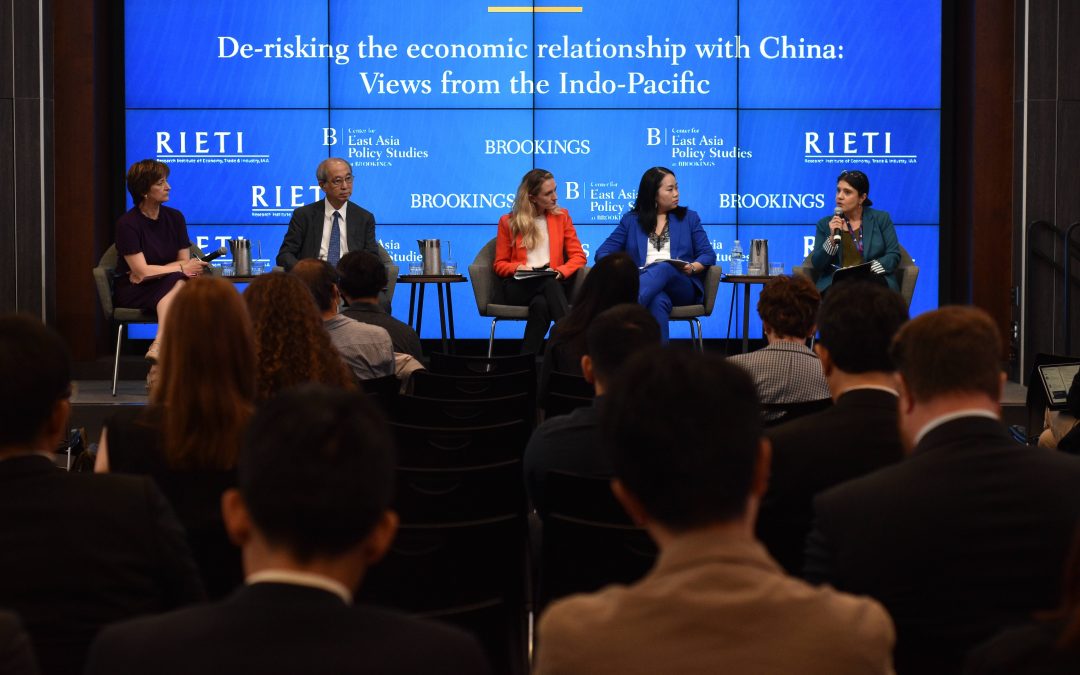WASHINGTON – U.S. officials and economists on both sides of the Pacific cautioned recently that if China were to invade Taiwan, the consequences for the global economy would be disastrous.
“What happens the very minute that the People’s Republic of China starts mounting a blockade against Taiwan? The global economy falls through the floor,” Assistant Secretary of Defense Ely Ratner said at the Center for Strategic and International Studies in Washington on Oct. 5.
“That’s the first thing that’s going to happen, not just for China and not just for Taiwan – for the United States, for Japan, for Southeast Asia, for India, for Africa, for Latin America, for Europe,” Ratner said.
Secretary of State Antony Blinken also pointed out last month that there would be “a global economic crisis” if Beijing were to invade Taiwan.
“The stakes not just for Taiwan, but quite literally for the entire world, are extraordinarily high,” Blinken said, “Fifty percent of the world’s container traffic goes through the Taiwan Strait every day, 70% of semiconductors manufactured there.”
Still, some economists warned that China may be considering an invasion to distract its people from its weak domestic economy.
“What concerns me is this: in order to make people not interested in looking at the domestic problem, the Chinese government may try to do something very drastic, like invading Taiwan,” said Urata Shujiro, the chairman of Tokyo-based think tank Research Institute of Economy, Trade and Industry.
China had hoped to boost its economy during an eight-day holiday around its national day on Oct. 1. Consumer spending and travel during its so-called “Golden Week” fell short of the official forecast, according to the data released by China’s Ministry of Culture and Tourism.
Meanwhile, Taiwan’s Ministry of National Defense detected 58 aircraft and 27 vessels sent by the People’s Liberation Army and Navy around the Taiwan Strait during the Chinese holiday.
Shujiro said the prospect of an invasion had already deterred foreign investors. “That has a negative impact on investment in China, which in turn has an impact on economic growth,” Shujiro said, “China’s policy itself is creating its own problem, slowing down economic growth.”
Businesses considering big investments in China may be unwilling to do so in the current climate, according to Tanvi Madan, a senior fellow at the Brookings Institution’s Center of East Asia Policy Studies.
“If there’s a certain amount of uncertainty, and you don’t know where government policy is going to go… You don’t know if there’s going to be sanctions. You don’t know if an authoritarian regime is going to take a decision suddenly overnight,” she said.

